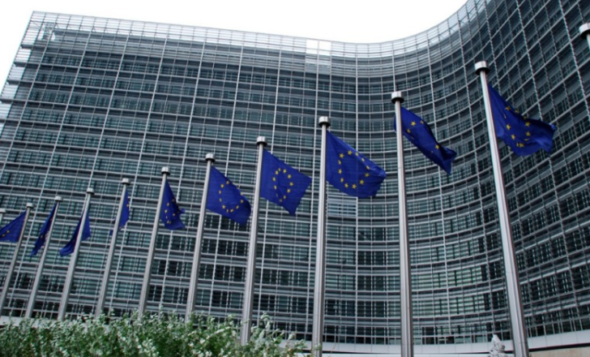On November 23, the European Parliament will vote on recognizing Russia as a state sponsor of terrorism. The EP does not have many prerogatives when it comes to foreign policy, and all power belongs to the member states, so I will once again emphasize that this is an important political signal – says Agnieszka Legucka, expert of the Polish Institute of International Affairs (PISM) in an interview with BiznesAlert.pl.
The talks on designating Russia as a state sponsor of terrorism will be held in Brussels on November 23. The assembly is returning to the topic, after the massive attacks by Russian troops on Ukraine’s energy infrastructure last week. The debate on the EU’s relationship with Russia took place in the European Parliament back in October this year, when a clear position of the member states had not established.
A terrorism state or a state sponsor of terrorism?
Tomorrow’s vote will not be without consequences, regardless of the outcome. Professor Agnieszka Legucka from the Polish Institute of International Affairs explains what it means for Russia and Europe.
BiznesAlert.pl asked professor Legucka whether the European Parliament will vote for designating Russia as a state sponsor of terrorism.
„The European Parliament is usually the most vocal among the EU institutions when it comes to foreign policy in regard to Russia. It spoke negatively both about Nord Stream 2 and about the earlier tightening of policy towards Russia. It can be said that Russia has become accustomed to the fact that the EP is the institution that speaks out most strongly against Moscow. As for the issue of recognizing Russia as a terrorist state, it will have a symbolic, prestigious dimension, but some expect that it may also have a legal impact, because they hope that this will allow to freeze the assets of Russian oligarchs in Europe later on. Russia will not change its policies due to the fact that some states, including Poland, recognized it as a terrorist regime, but this will have a political dimension. Russia most often turns its propaganda guns on Ukraine and on other actors, especially internal ones. In addition, it likes to use this term in relation to other countries. Such a designation of Russia, which for years has put itself at the forefront of the fight against terrorism, will have a symbolic meaning,” Agnieszka Legucka replies.
We also asked why Russia should be considered a „sponsor of terrorism” and not a terrorist state.
„This is supposed to be a procedure that will make it possible to exercise rights from Russia in the future, without breaking diplomatic relations with it, for example, to freeze the assets of its oligarchs and those responsible for crimes committed related to international terrorism, and in this context one can look at Russia as an aggressor and a state that sponsors terrorism. At the same time, it should be remembered that the European Parliament does not have many prerogatives when it comes to foreign policy, and all power belongs to the member states, so once again I will emphasize that this is an important political signal, whether something will continue in this direction depends on the European Commission, the Council and the member states,” the PISM expert emphasized.
NATO calls for condemnation of Russia
On Monday, November 21, the NATO Parliamentary Assembly adopted a resolution calling on member states to recognize Russia as terrorist state.
„The NATO Parliamentary Assembly has called for the establishment of a special International Court of Justice on the Russian Aggression and recognized it as a terrorist state. All 30 NATO countries supported the proposals of our delegation. Such a court will make it possible to convict not only the direct perpetrators of war crimes, but also the top leadership of the Russian Federation. The resolution was sent to the governments and parliaments of all NATO member states,” said the head of the Permanent Delegation of Ukraine to NATO Igor Cherniev.









